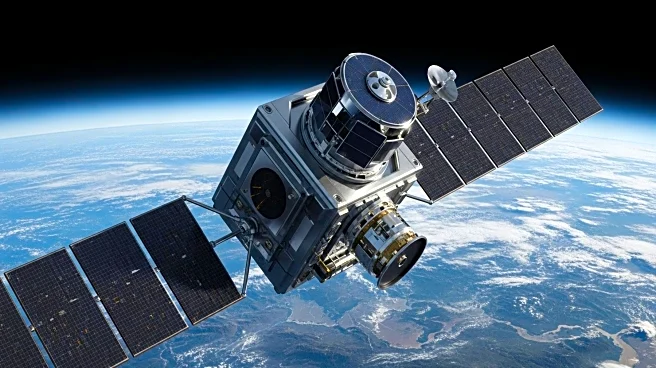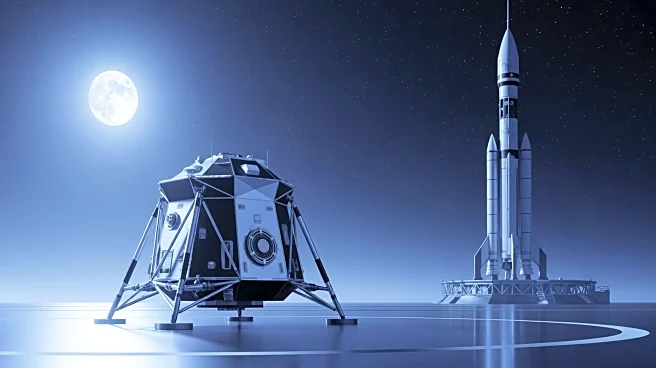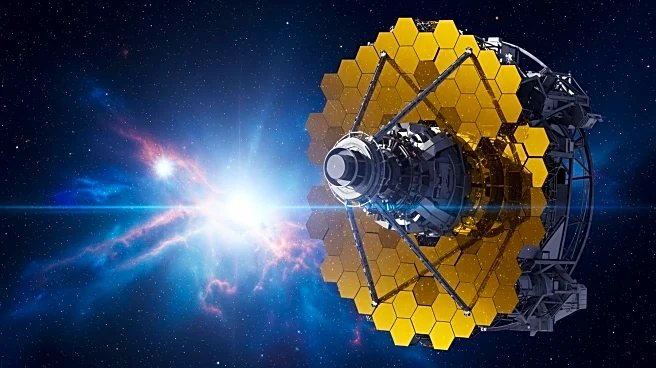What's Happening?
NASA has developed a new metadata pipeline to enhance access to its extensive Earth observation data. This initiative aims to streamline the integration of NASA's data into federal open science data portals such as Data.nasa.gov, Data.gov, and Geoplatform.gov. The project involves tailoring metadata from NASA's vast collection of over 10,000 datasets, which include more than 1.8 billion science records, to be compatible with these portals. The effort is led by NASA's Earth Science Data Systems program, with key contributions from Doug Newman and Kaylin Bugbee. The pipeline addresses compatibility issues by translating NASA's proprietary metadata into formats suitable for federal systems, thereby facilitating easier access for the public, scientists, and decision-makers.
Why It's Important?
The expansion of access to NASA's Earth observation data is significant for several reasons. It supports industry, innovation, and research by providing critical data for forecasting severe weather, managing natural resources, and responding to environmental challenges. By making this data more accessible, NASA enhances the ability of various stakeholders to utilize scientific information for practical applications. This initiative also underscores the importance of open science and data sharing in advancing knowledge and addressing global issues. The improved accessibility can lead to more informed decision-making and policy development, benefiting sectors such as agriculture, disaster management, and climate research.
What's Next?
NASA plans to refine the metadata pipeline further and expand its scope to include more datasets and instruments. Initially focusing on the Terra platform's MODIS and ASTER products, the team will eventually incorporate additional instruments and datasets. This ongoing development will ensure that NASA's open data continues to flow seamlessly into federal portals, enhancing accessibility for users worldwide. As the pipeline evolves, it is expected to facilitate greater collaboration and innovation across scientific and governmental communities, driving advancements in Earth science and related fields.
Beyond the Headlines
The creation of this metadata pipeline highlights the growing importance of data interoperability and accessibility in scientific research. It reflects a broader trend towards open data initiatives that aim to democratize access to information and foster collaboration across disciplines. The project also raises considerations about the ethical use of data and the need for robust data management practices to ensure accuracy and reliability. As more organizations adopt similar approaches, the landscape of scientific research and data sharing is likely to undergo significant transformation, with implications for how knowledge is generated and applied.










